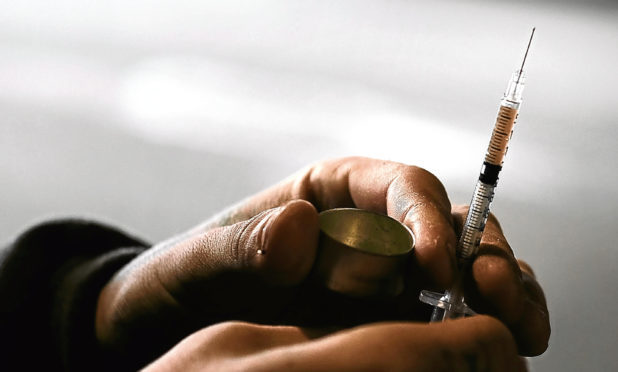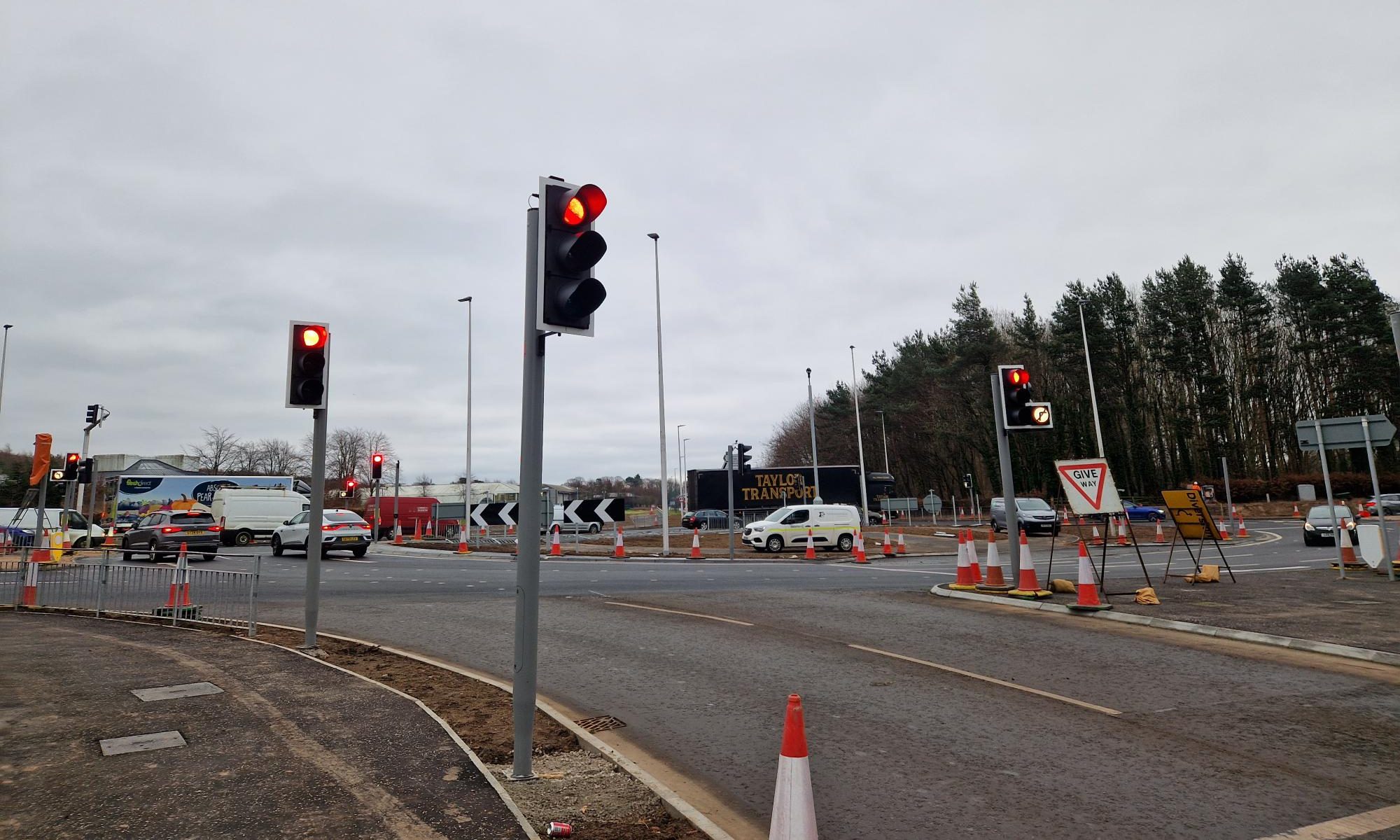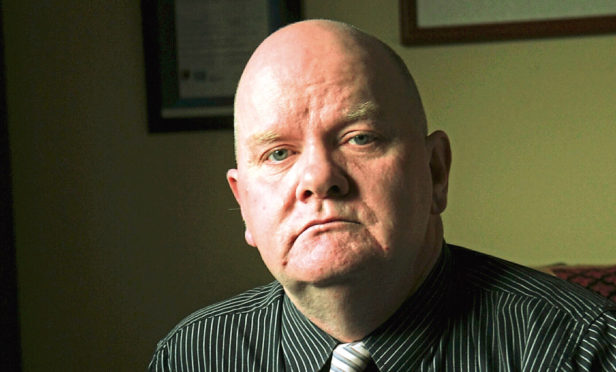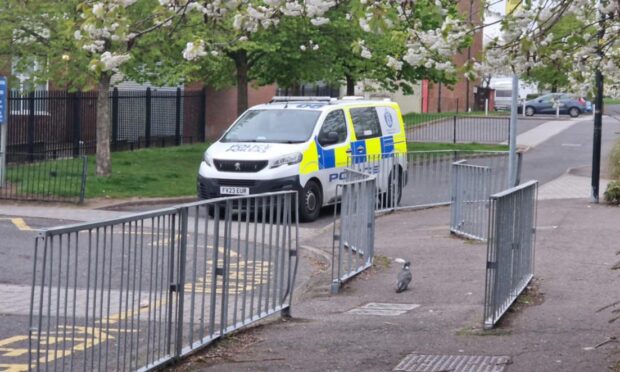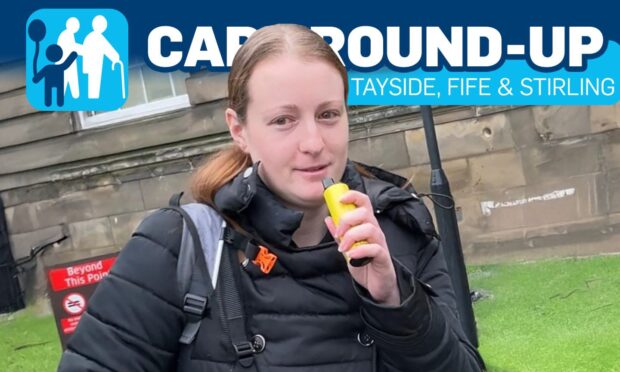The chance of Dundee becoming Capital of Culture went up in smoke last year but the city did manage to claim another European title this week.
Figures released by National Records of Scotland revealed that with 57 fatalities last year, Dundee overtook Glasgow as Scotland’s, and therefore Europe’s, drugs death capital.
While more people died as a result of drugs misuse in Glasgow, there are more deaths per capita in Dundee than anywhere else.
The statistics are shocking but hardly surprising.
Dundee’s drug problem is a decades-long affliction and it is time for drastic action to address it.
Efforts are, at least, being made within the city to find some way to stem what is a senseless loss of life.
The new Drugs Commission has been set up to find new methods of addressing the crisis. But whatever plans the experts devise, hard drug abuse is a social cancer that will require government support and bold thinking, two things that do not normally go hand-in-hand.
Drugs policy may be devolved but classification is reserved to Westminster. This has allowed successive Scottish Governments to shy away from taking any firm stances or hard decisions.
The White Paper on Independence, which at least had the opportunity to take a fresh look at the issue, only promised a more “coherent” approach to policy and classification.
New Scottish government public health minister – and Dundee City West MSP – Joe FitzPatrick this week promised a new “person centred” approach to reducing drug abuse, which sees treating the issues that lead to addiction as important as treating the addiction itself.
And that holistic approach is fine as far as it goes but it stills sounds like little more than tinkering around the edges of drugs policy.
Drug abuse is a health issue,which is fully devolved. Perhaps it is time for the Scottish Government to start challenging the UK government about whether current drugs classifications do more harm than good and, if that is the case, put forward ways they should be changed.
The UK has adopted the same policy towards drugs for decades and the fundamental have truth is prohibition has done nothing to limit abuse.
Decriminalisation would end criminal penalties for people found with small amounts of drugs.
Rather than this opening a door to wider drug use, studies in countries like Portugal that have decriminalised drugs found it make it easier for addicts to seek help — and also spares them the stigma of a criminal record that marginalise them from society.
Full legalisation would be even more radical, but would at least ensure the safety of substances being given to addicts.
One thing is for sure: our current policies do not work for anyone.
